Bratanov 3 Blend White 2021
The grapes are mostly from old vines, with the ratio between the varieties being 40% each Chardonnay and Viognier, and Incense 20%. The three varieties are fermented with wild yeasts, together, and aged for 10 months in eight Bulgarian barrels of 400 litres each (3 new with firing technology by oenologist Maria Stoeva and 5 used). Thanks to the periodic batonage (lifting of the lees) during barrel ageing, this wine has more fat and structure.
With the excellent harmony between the three varieties, a fruity-floral character is preserved, delicately enriched by the contact with the Bulgarian oak. It reveals a multi-layered aromatic palette of delicate white flowers, toasted bread, buttercream and nut desserts, fruity nuances of quince, white cherry intertwined with herbal notes. The body is juicy and voluminous, with good structure and finesse.
Suitable food: fish rich in flavour - eel, salmon (can be smoked), chicken, turkey and rabbit dishes, creamy pasta, truffle and cheese pasta.
Limited quantity of 4 075 bottles.
Region
Profile
-
Fruit
-
Body
-
Freshness
-
Alcohol
Variety
Flavours
-

-

-

-

Glass

Serving Temperature

Food pairing
-

-

-

Maturity
Drink nowYou may like these...
More of the same producer
More about this product

Bratanov Winery
The Bratanov family cellar is located near the village of Shishmanovo, South Sakar. In the period 2006-2008, they planted 24 hectares of their own vineyards with the classic varieties Merlot, Syrah, Cabernet Franc, Chardonnay, as well as with the local Rubin and Tamianka, in order to restore the hereditary viticulture tradition after a 50-year break. The terrain is located on sunny hills, and the nearby river Maritsa and the winds penetrating along it from the Aegean Sea form an almost Mediterranean climate. The winery has an experimental spirit, uses different methods of winemaking and is not afraid to use spontaneous, "wild" fermentation. Since 2015, the chief oenologist in the winery is a young oenologist Maria Stoeva, who graduated in Dijon, France, who together with the owners focuses on wines that best reflect the characteristics of the terroir and have a strong personality.
All wines of the same producer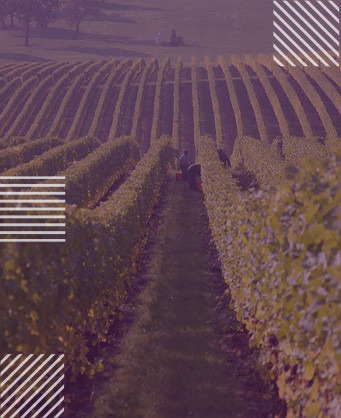
Thracian valley
In this region, which includes Southern Bulgaria, the climate is temperate continental protected from northern winds thanks to Stara Planina, with good rain distribution. It includes the central parts of the Thracian lowland and parts of Sakar. Most of the red grape varieties are concentrated in this area. Mavrud, Merlot, Cabernet Sauvignon, Red Muscat, Pamid and others are grown. The climatic conditions of the region favour the production of rich, dense, memorable red wines, especially from the varieties Cabernet Sauvignon and Mavrud. Good wines from the local variety Mavrud are especially valued for their aroma and taste of small red fruits, spices and herbs.
More wines of this region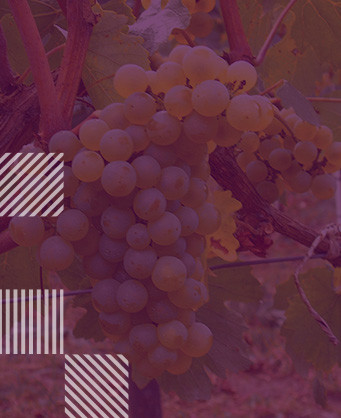
Chardonnay
Chardonnay is the world's most famous white-wine grape and also one of the most widely planted. Of course, the most highly regarded expressions of the variety are those from Burgundy and California, but many high-quality examples are made in Italy, Australia, New Zealand and parts of South America. Describing the flavours of Chardonnay is not easy. This is not thanks to the complexity of the varietal itself but usually due its susceptibility to winemaking techniques - such as Malolactic fermentation which gives distinctive buttery aromas or Fermentation or maturation in oak barrels which contributes to the wine with smokey notes of vanilla, honey and even cinnamon, and not last the lees contact while in barrel imparts biscuity, doughy flavours. And all these incorporated with the varietal aromas of tropical (banana, pineapple and guava) to stone fruits (peach, nectarine and apricot), sometimes even citrus and apple notes. Climate plays a major role in dictating which fruit flavours a Chardonnay will have - warm regions (California, Australia ) make more tropical styles; temperate zones (southern Burgundy, New Zealand) - stone fruit notes, while the very coolest (Chablis, Champagne) lean towards green-apple aromas.
More wines of the same variety
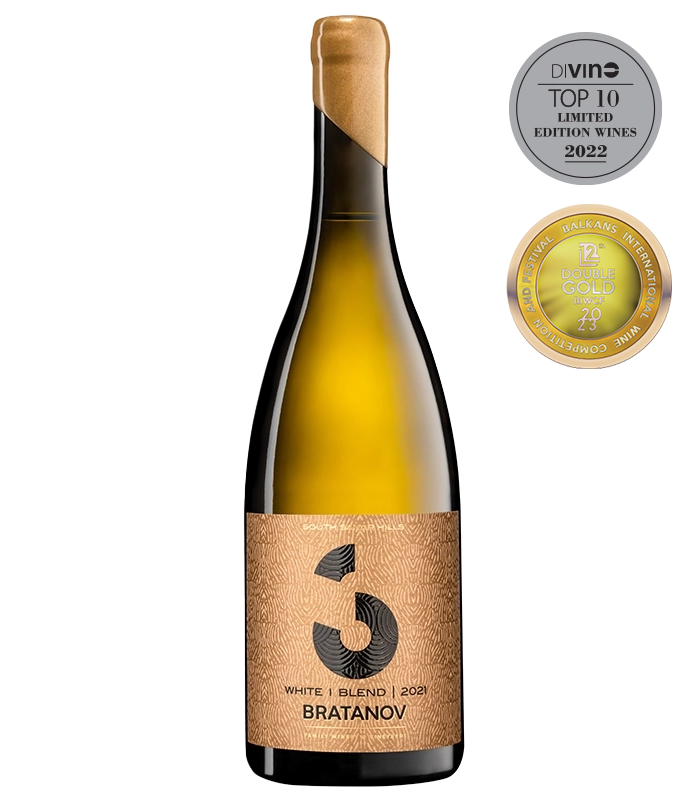


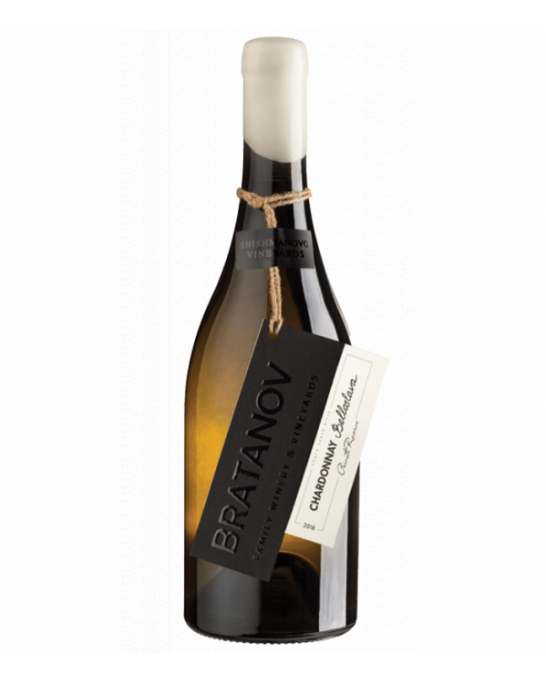
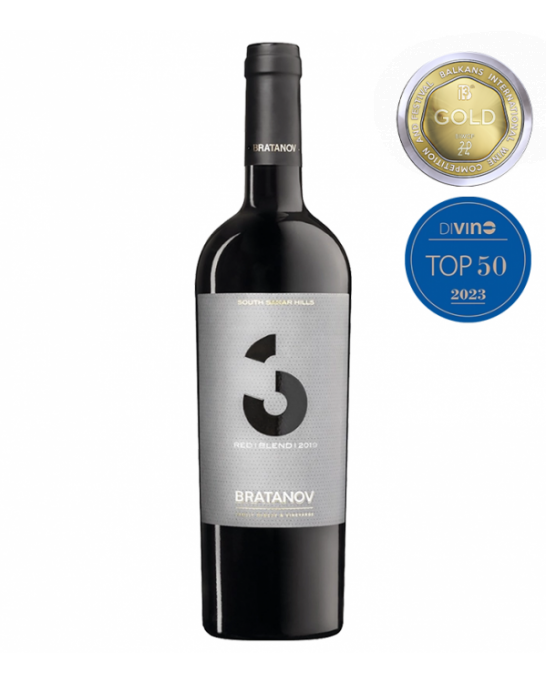
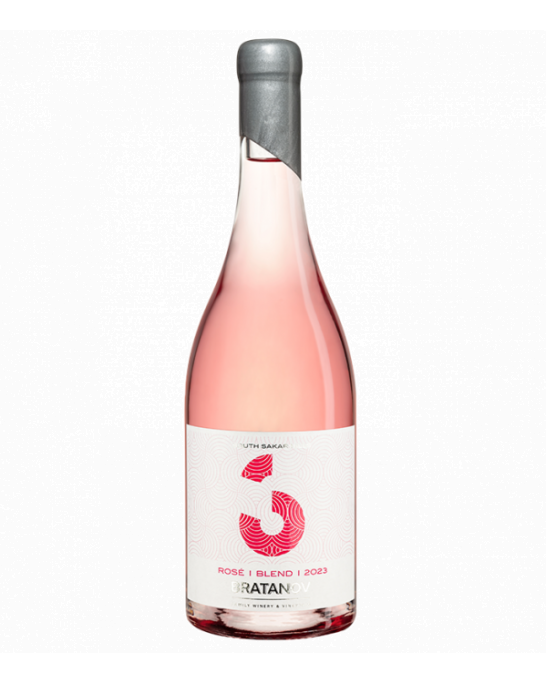
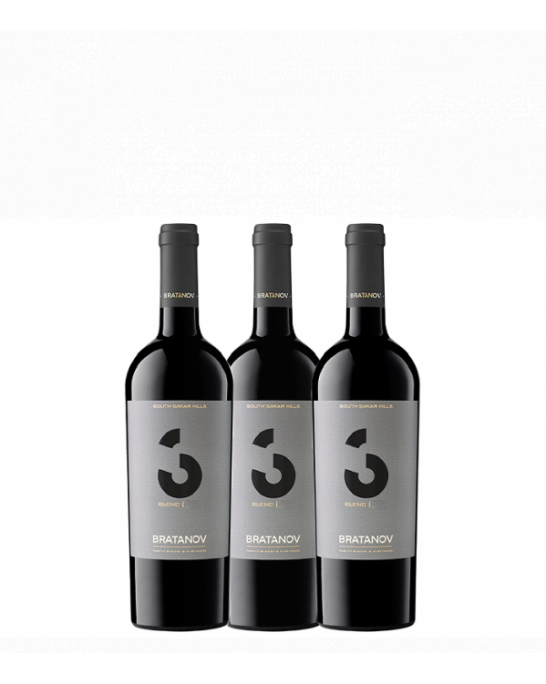
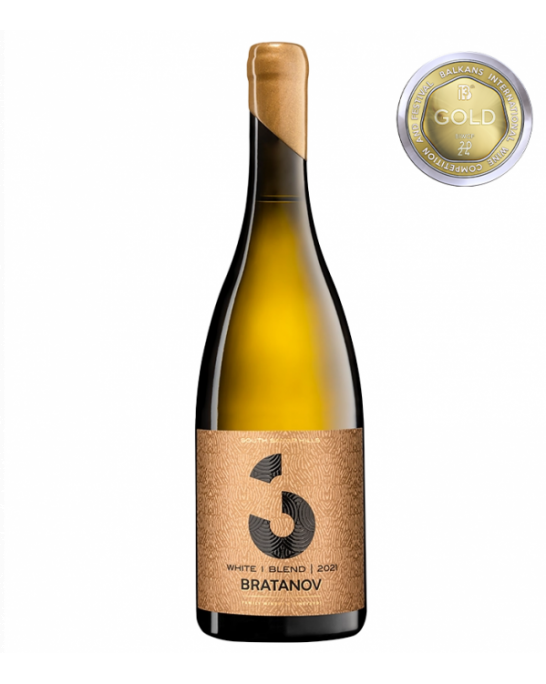
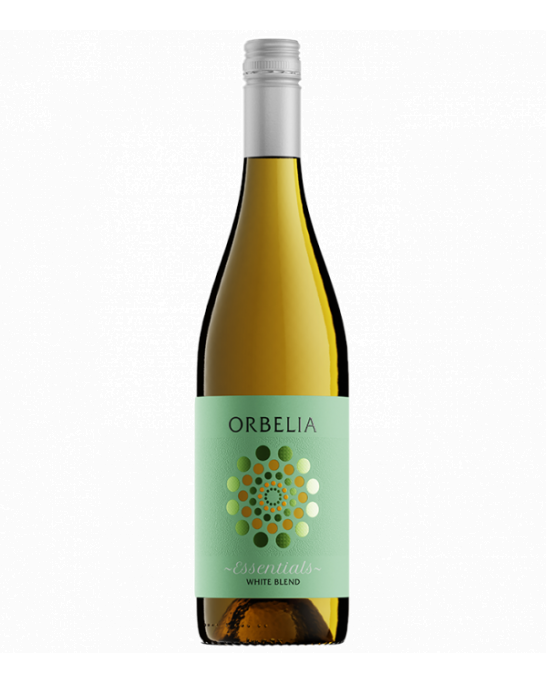
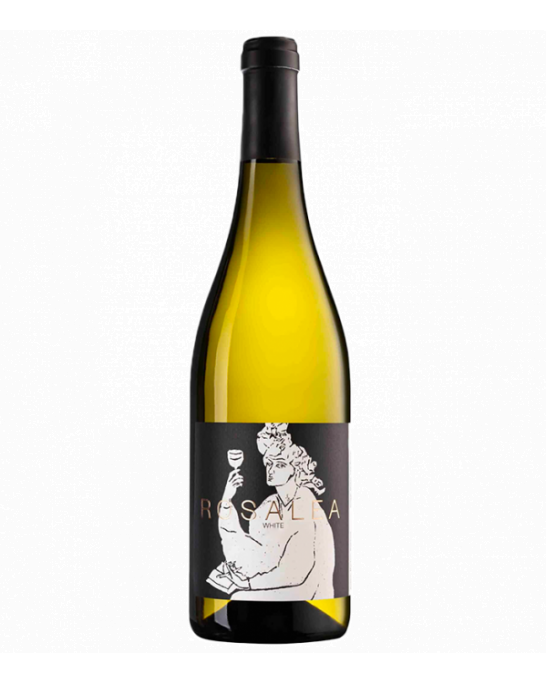
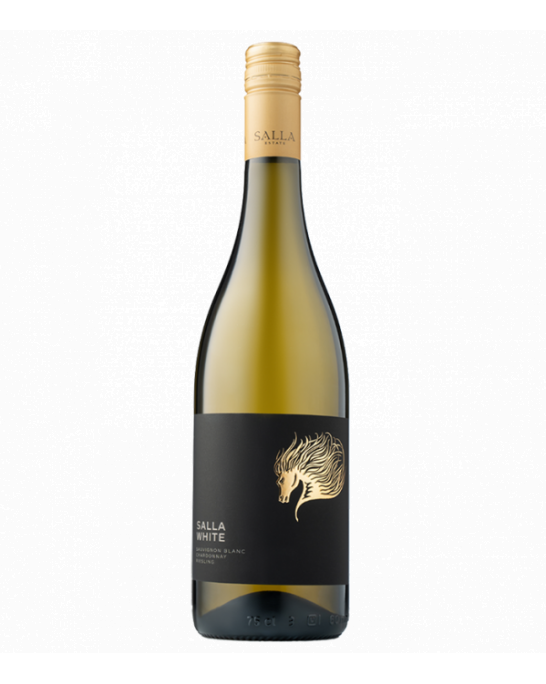
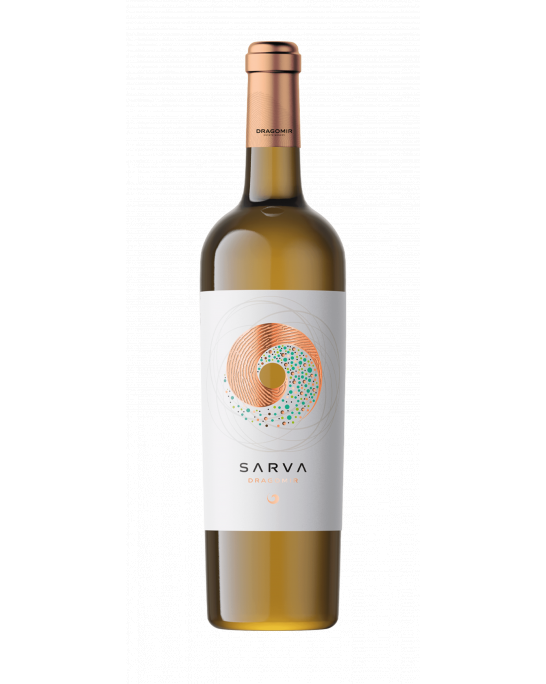
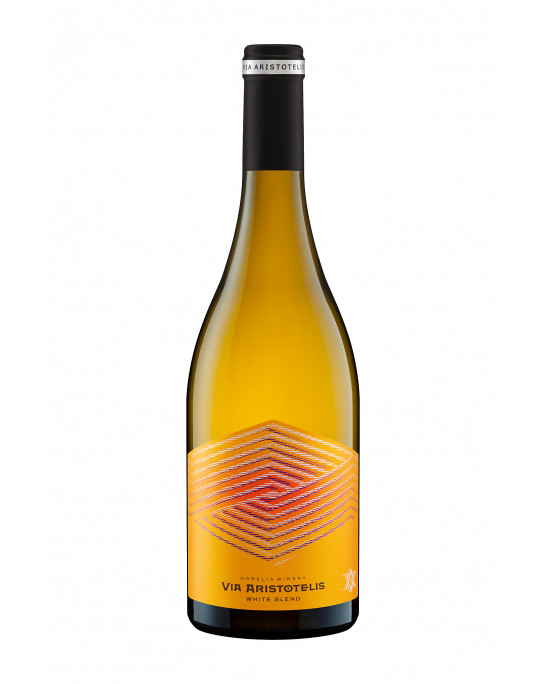
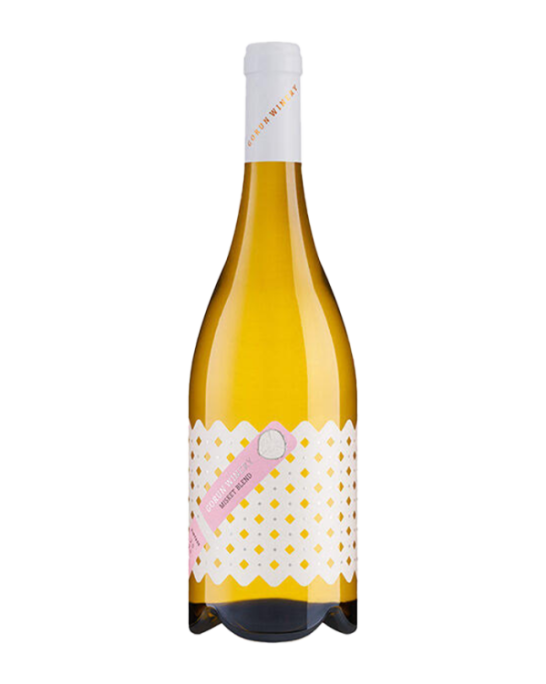
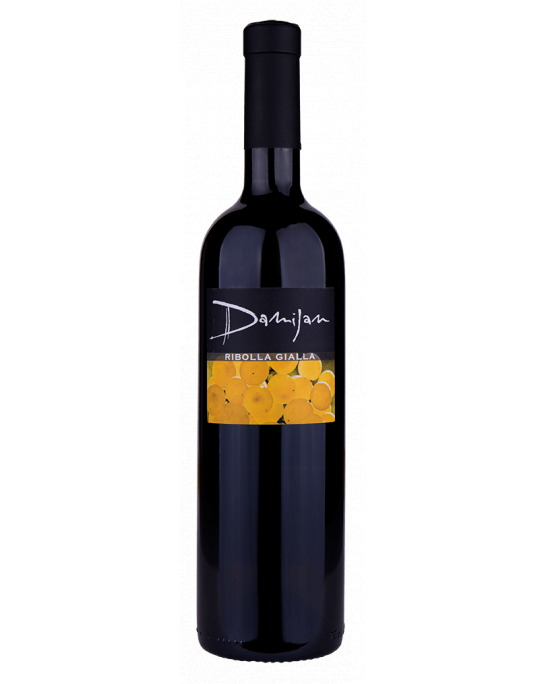
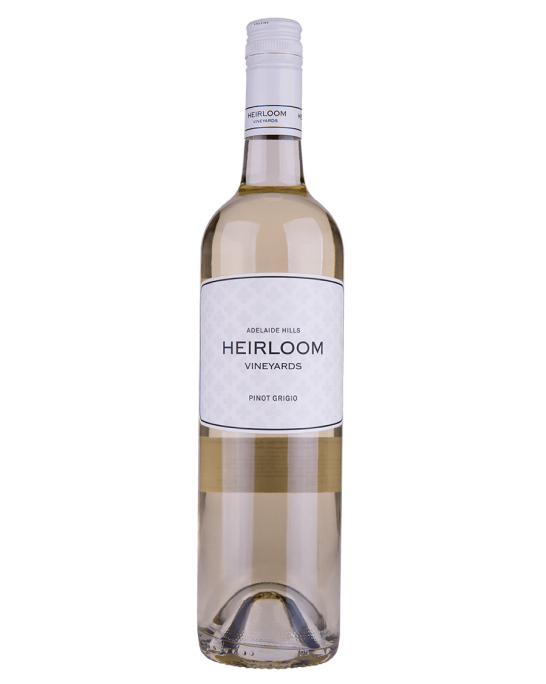
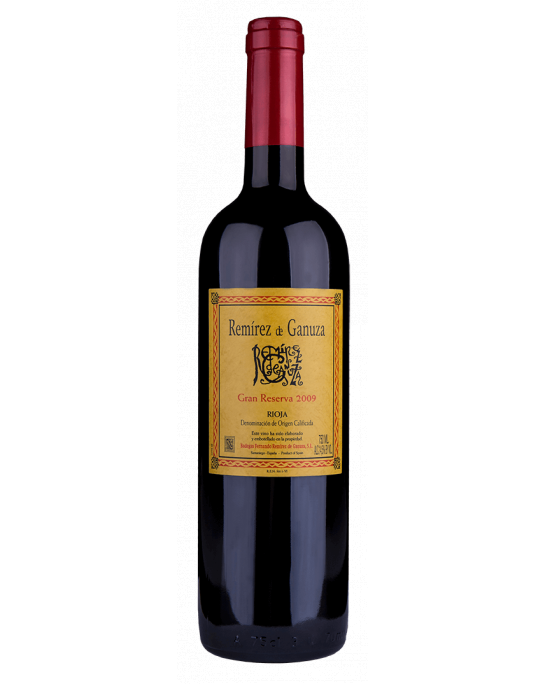
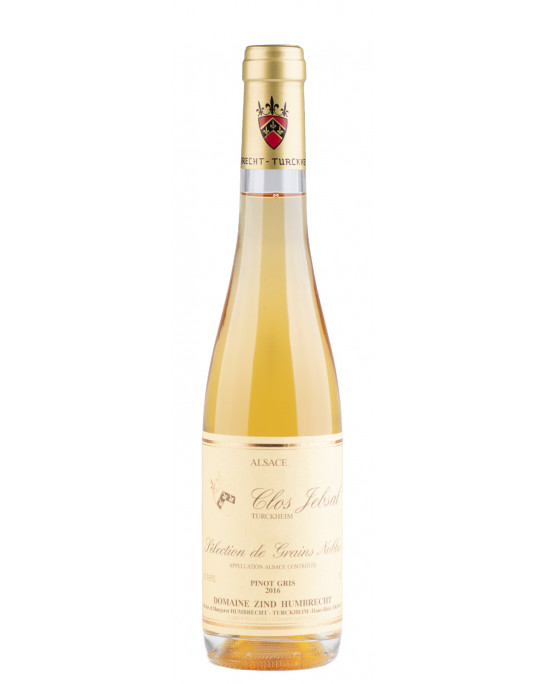
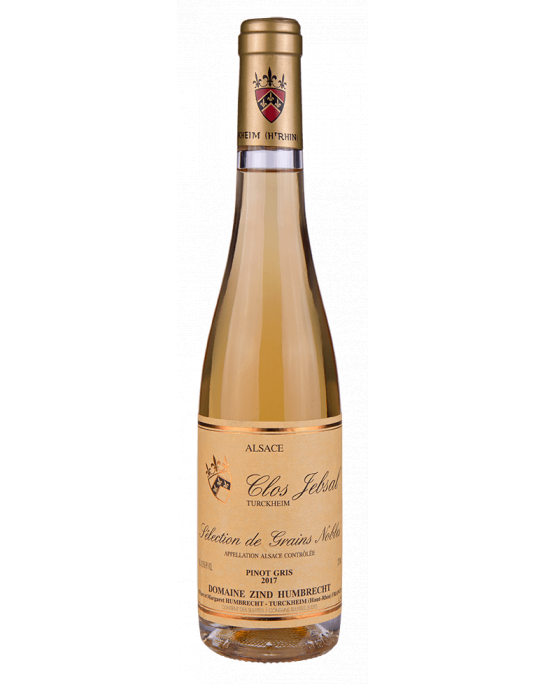
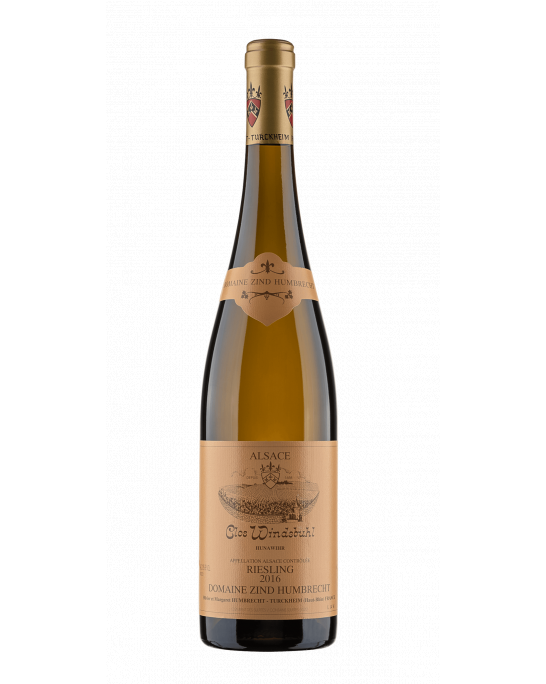
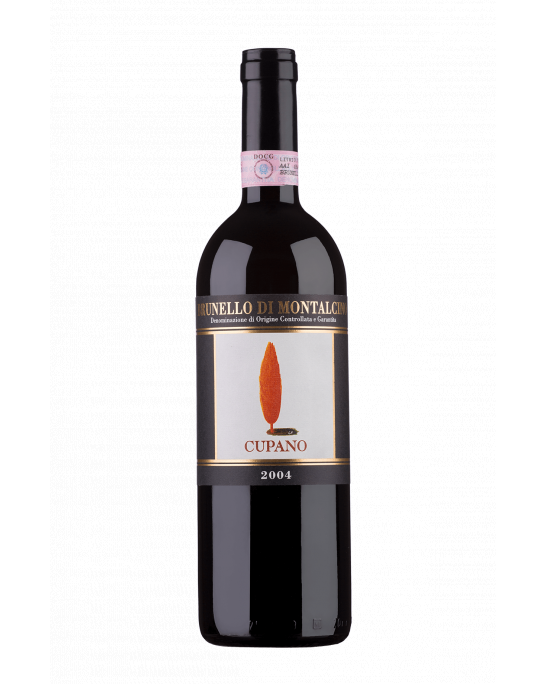
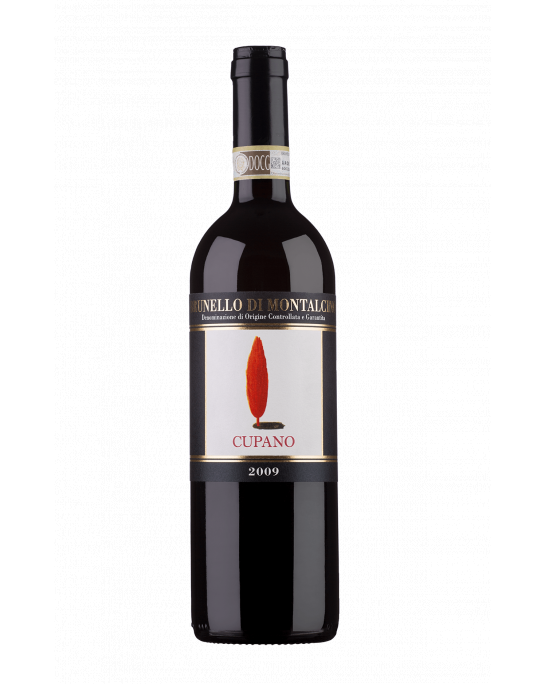
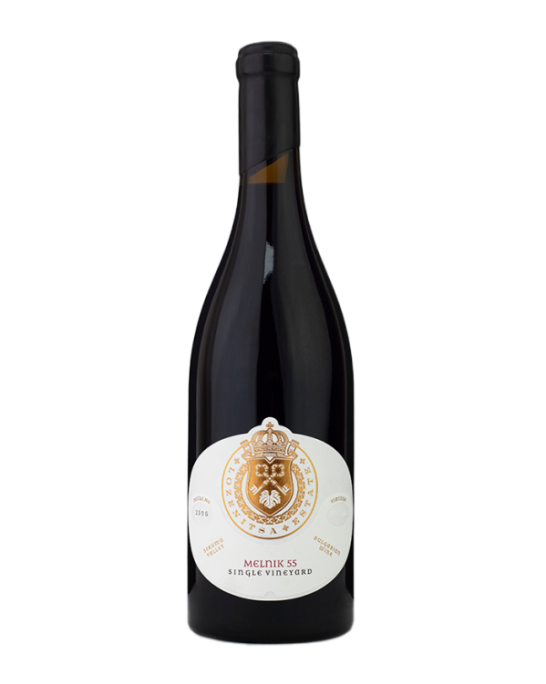
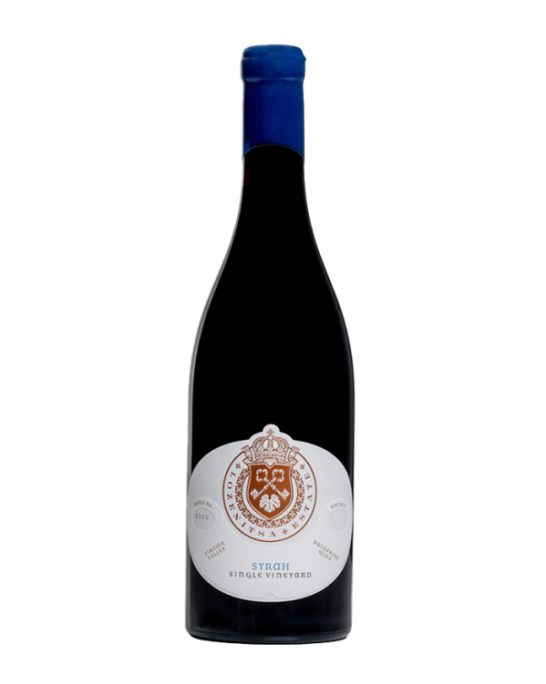
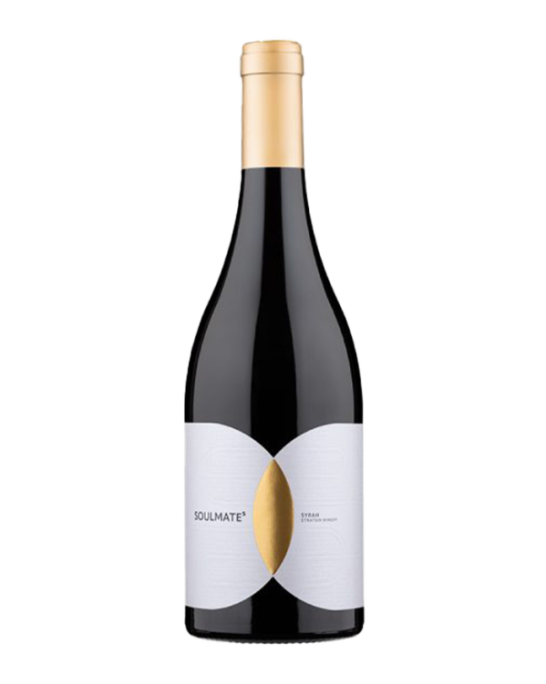
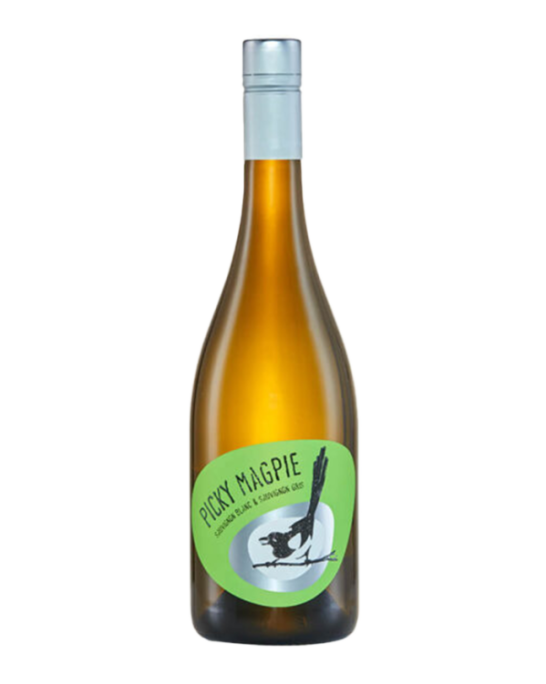
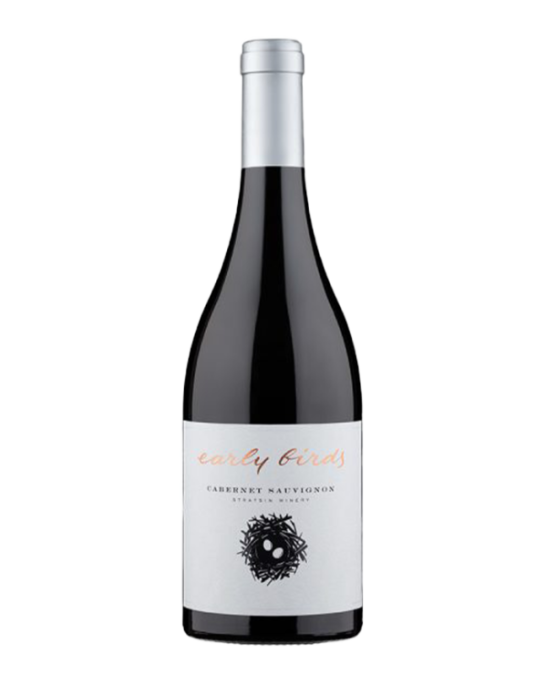
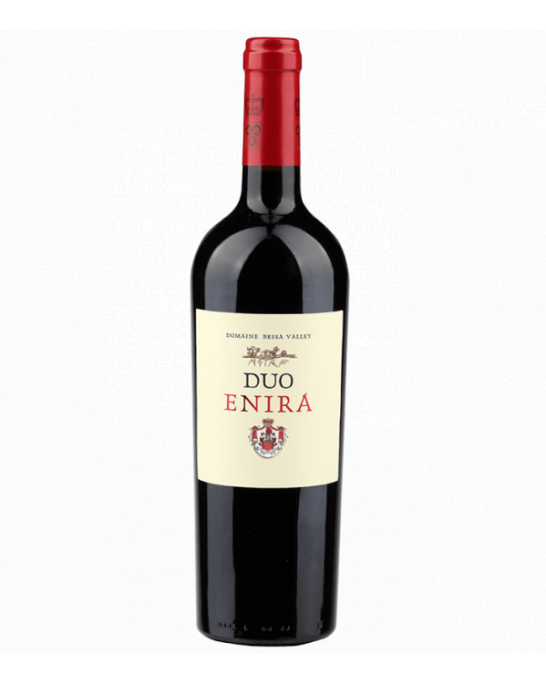
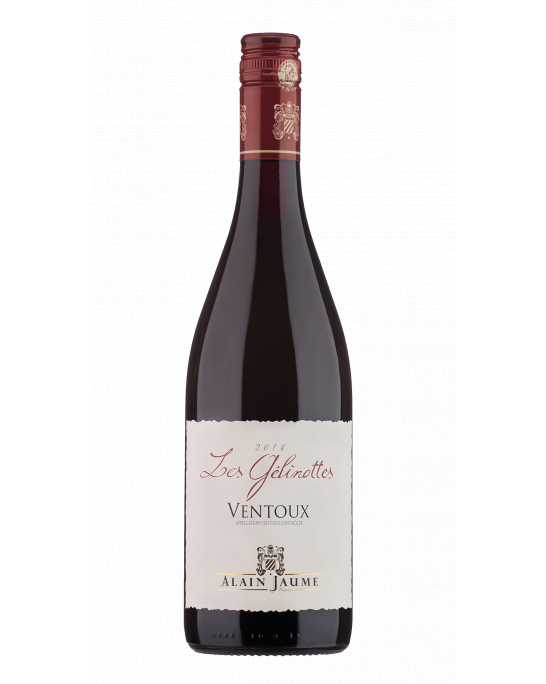
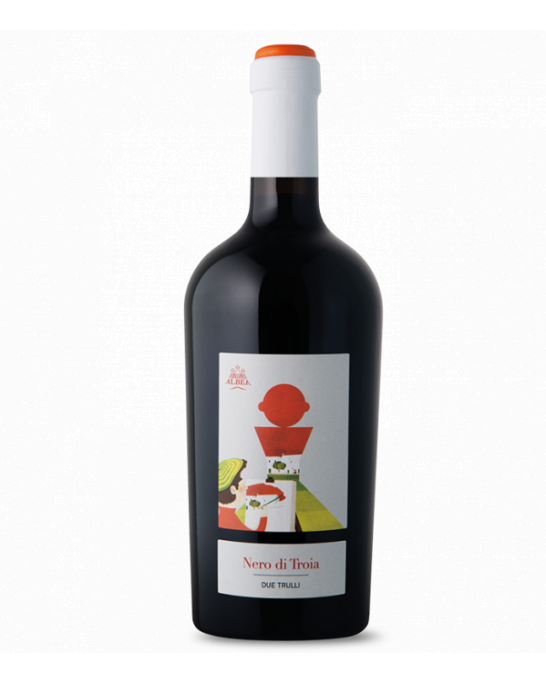
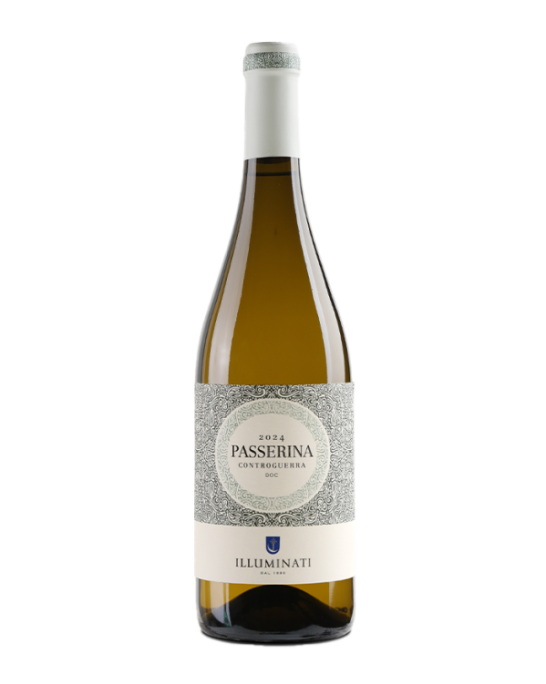
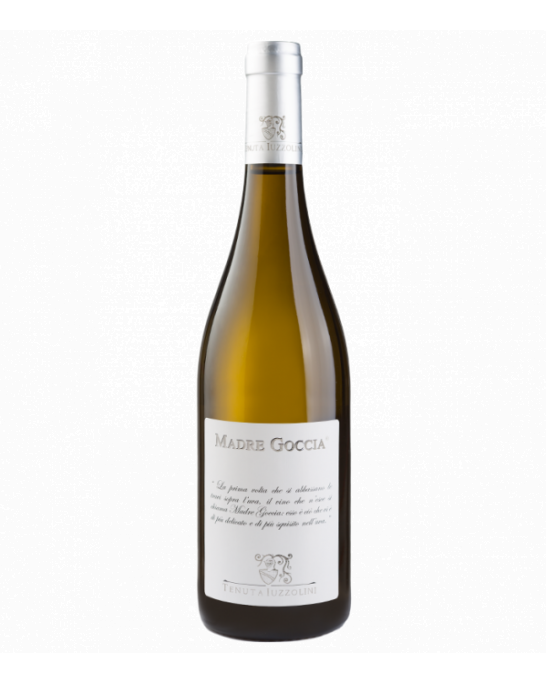
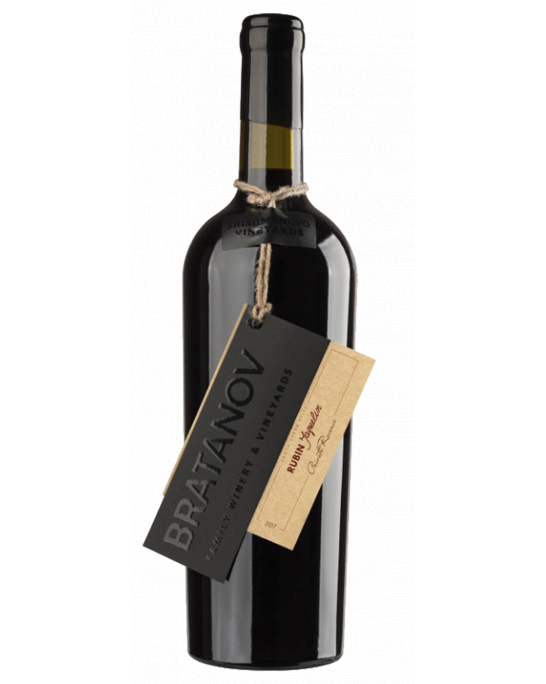
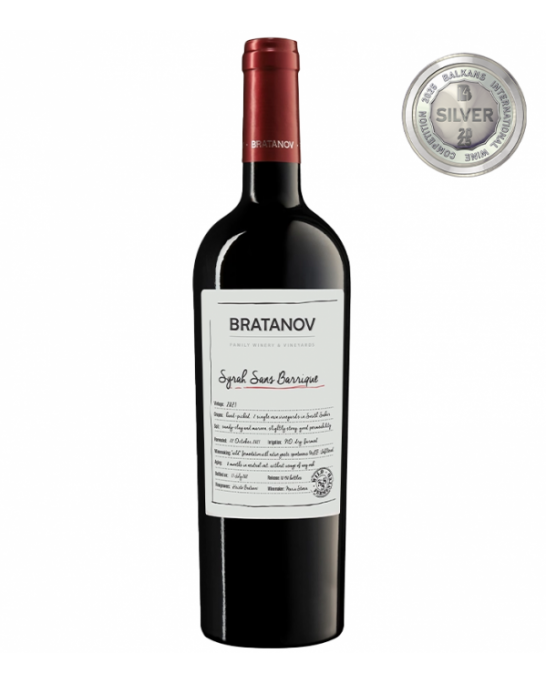
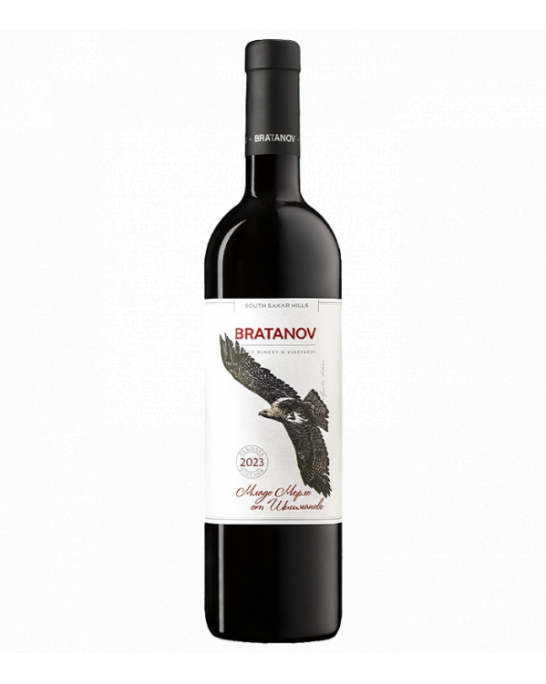
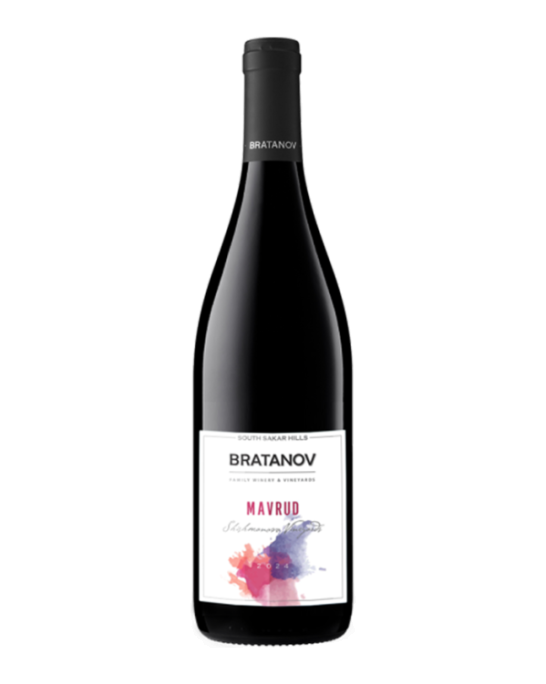
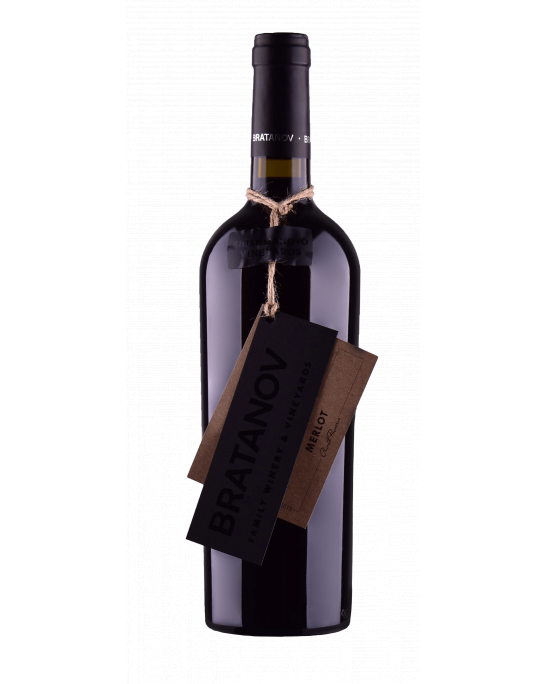
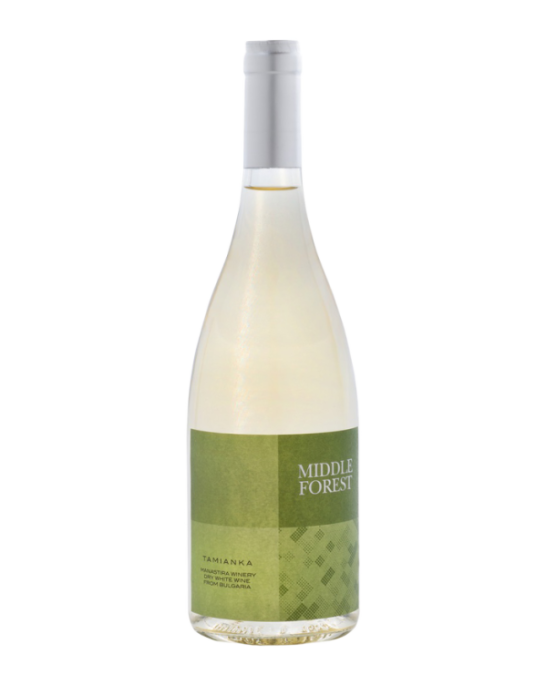
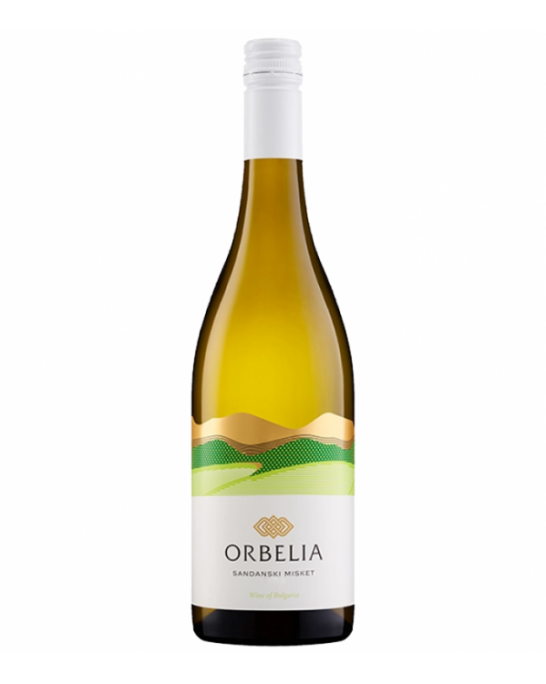
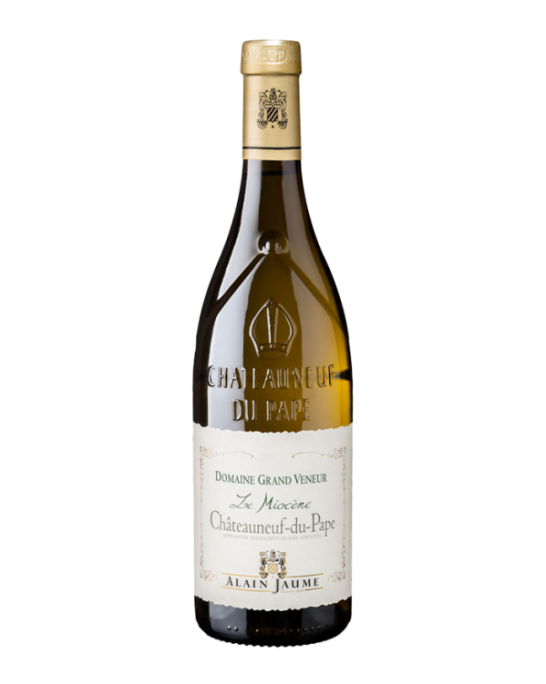
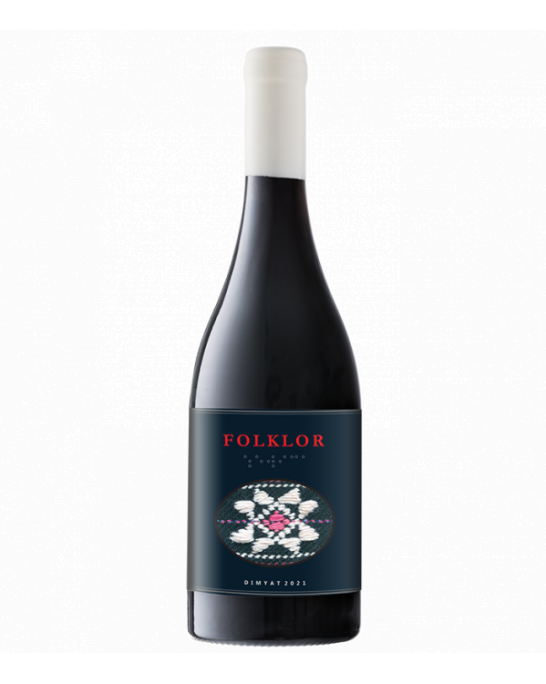
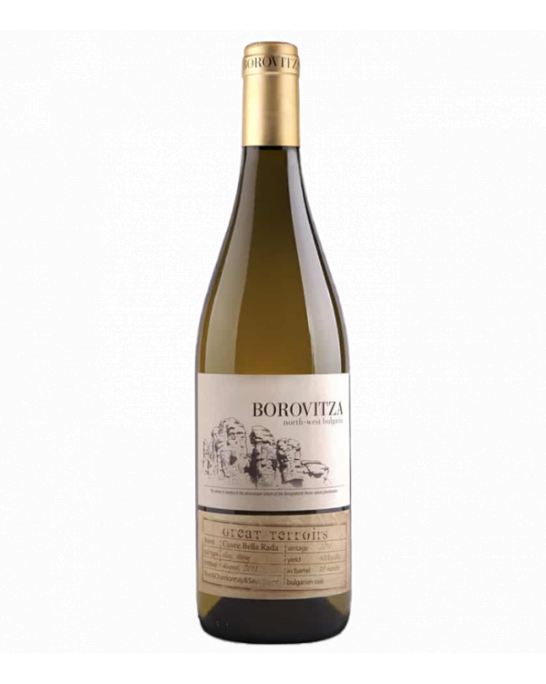
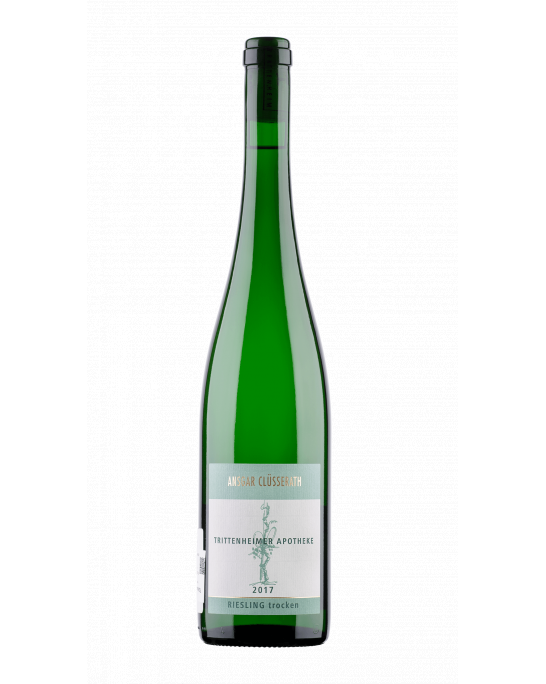
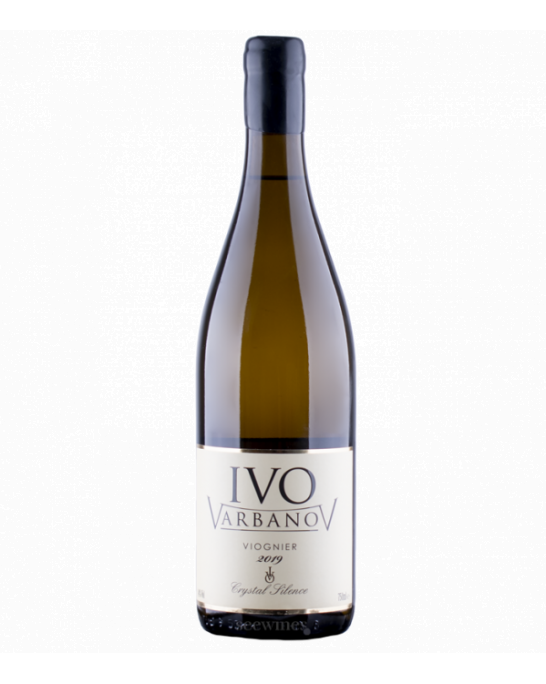
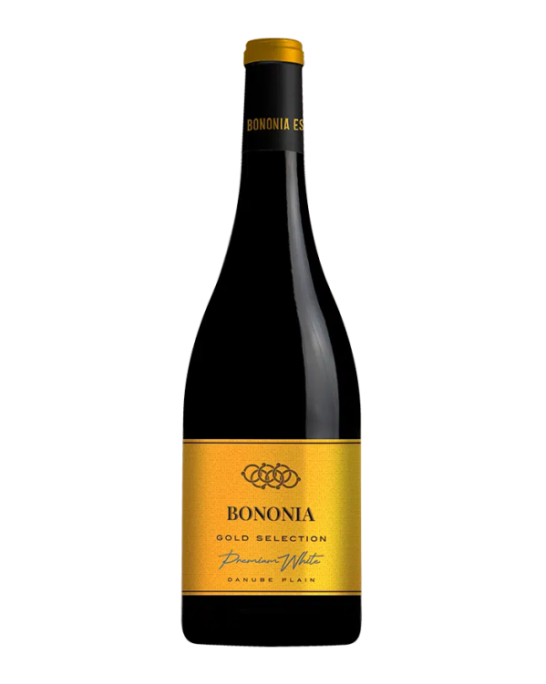
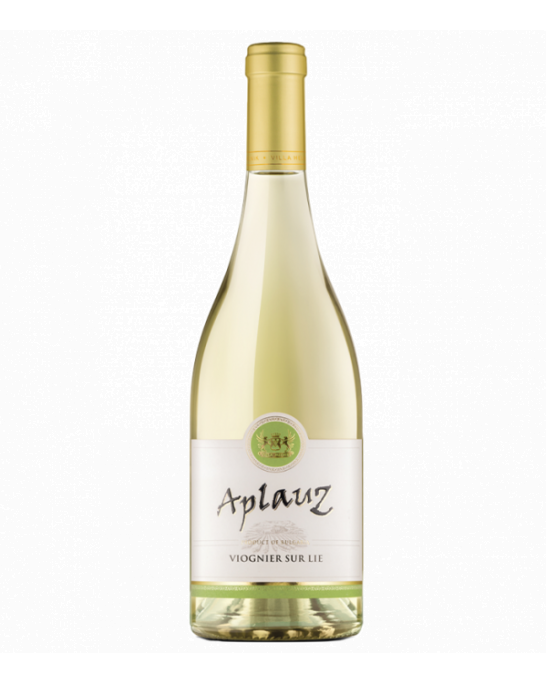
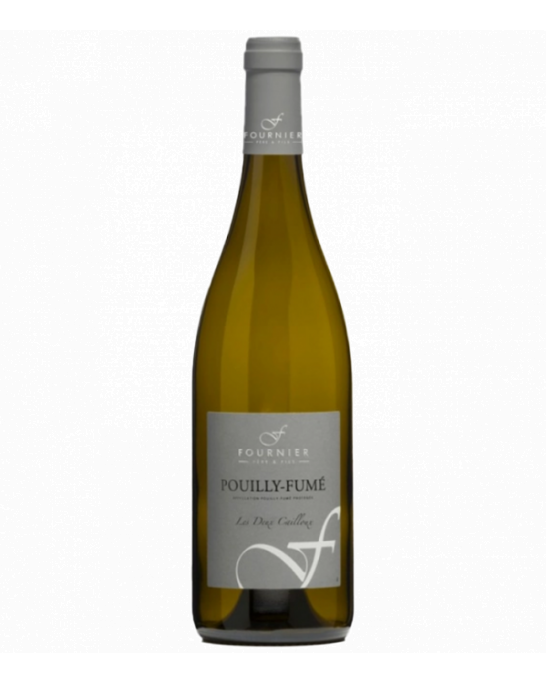
Customer reviews
No reviews available
Be the first to review